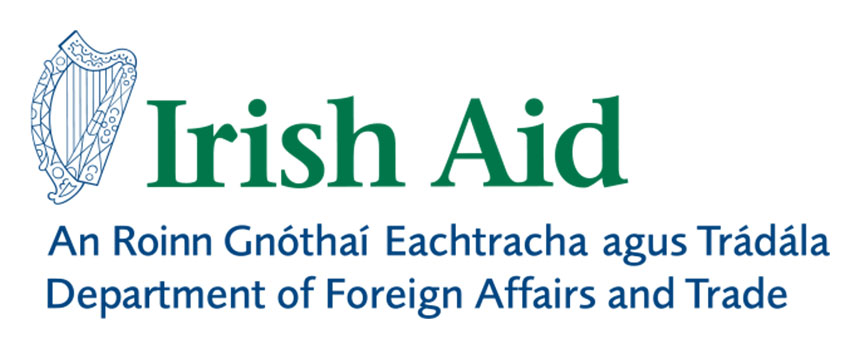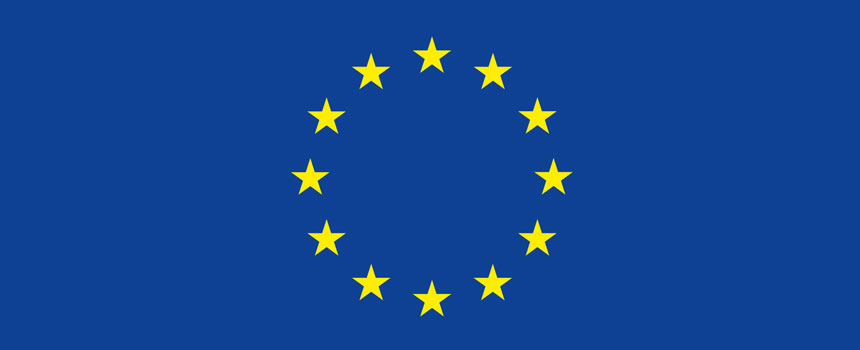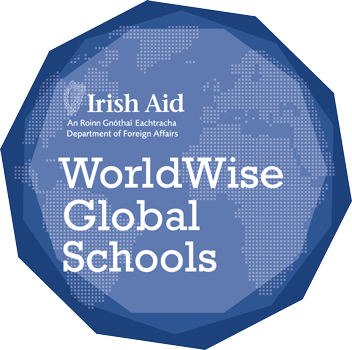Global Justice Campaigners say IMF Has Failed All Around the World
18 November 2010
Press Release - Immediate Release
Issued by Debt and Development Coalition Ireland 18th November 2010
Contact: Nessa Ní Chasaide
As Ireland faces the prospect of IMF intervention in its economy, Irish global justice group, Debt and Development Coalition Ireland (DDCI), today warned that the IMF's track record shows that the institution seeks to silence voices for justice, and that its policies have failed impoverished people all around the world.
Nessa Ní Chasaide, Co-ordinator of Debt and Development Coalition Ireland (DDCI) said, "The notion that the IM F is needed to promote 'tough love' in crisis situations, whether in impoverished countries or in Ireland, is deeply misleading as governments must first and foremost account to their citizens when making decisions that will affect their everyday lives. Since joining the IMF in 1957, Ireland has stood by as the IMF impoverished countries around the world. As Ireland and other Eurozone countries now face a similar prospect, it is high time to end the undue and damaging influence of such an undemocratic financial institution."
Lidy Nacpil, Co-ordinator Jubilee South - Asia Pacific Movement on Debt and Development, based in the philippines said, "The IMF promoted severe austerity programmes in the Philippines for more than a decade which deeply undermined our right to access essential public services in the longer term. I urge the Irish people to proactively contest the IMF's power, to fight for, and protect, their right to voice and advocate for justice centred policies, as the IMF is dogmatic and not interested in listening to the opinions of others".
Ms Ní Chasaide continued, "Despite recent claims from the IMF that it has become more flexible, it continues to promote hugely damaging policies. For example, 75% of the impoverished countries to which it is currently giving loans around the world have had to slash social spending in 2010 as a result of IMF lending conditions. This is despite the fact that they require massively scaled up expenditure to meet basic health and education needs."
DDCI highlighted that the nature of recent IMF post crisis lending shows that the IMF has not changed from a 'once-size-fits-all' policy approach. For example in Pakistan, where people are suffering the impacts of massive flooding, the IMF has required government to end energy subsidies, increase fuel and electricity tariffs and increase regressive excise and sales taxes. In Jamaica teachers and other public sector workers have not received negotiated reimbursements of salary arrears. In Romania as part of a 2010 bail-out loan, public sector wages were slashed by by 25% and pensions by 15%. In September, 12,000 Romanians protested in Bucharest to demand authorities stop the layoff of public workers [1]
For interviews contact:
Nessa Ní Chasaide, Debt and Development Coalition
Interviews are also available with Lidy Nacpil, Co-ordinator Jubilee South - Asia Pacific Movement on Debt and Development, based in the philippines on the experience of Asian countries with the IMF, on request
Notes to the Editor:
[1] Recent analysis of IMF crisis lending: Jubilee USA, 'Unmasking the IMF, The Post-Financial Crisis Imperative for Reform', October 2010, http://www.jubileeusa.org/fileadmin/user_upload/Resources/Policy_Archive/Oct_5_IMF_Report.pdf
Debt and Development Coalition Ireland is a national network of development organisations, community groups and trade unions working for just financial relationships between rich and poor countries. DDCI is a member of the European Network on Debt and Development: www.debtireland.org
Nessa Ní Chasaide
Co-ordinator


